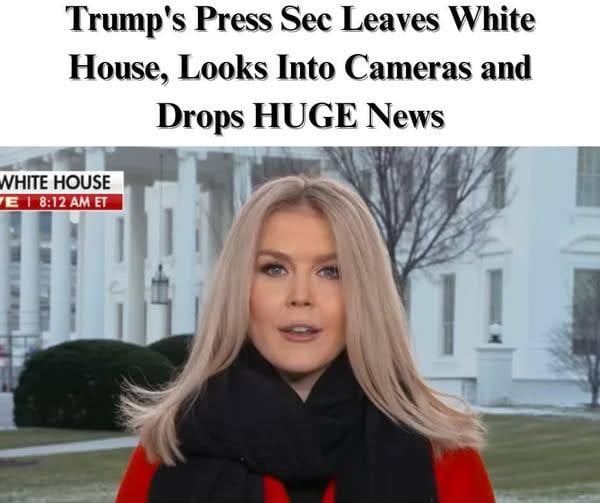Nationwide Debate Ignites Over Controversial Federal Worker Buyout Program
The Trump administration has unveiled a sweeping new initiative aimed at federal civilian employees, offering nearly 2 million workers full salary and benefits through September if they choose to resign by February 6. Dubbed the “deferred resignation program,” the plan is being promoted as a way to reduce government spending and encourage employees to return to in-person work, particularly in Washington, D.C., where only about 6% of staff are currently working on-site.
White House Press Secretary Karoline Leavitt defended the program against claims of political targeting, emphasizing that the policy is designed to save money and improve government efficiency. Proponents argue it’s a necessary measure to modernize the federal workforce and adapt to post-pandemic workplace realities.
However, the plan has drawn sharp criticism from labor unions and other detractors, who warn that it could lead to a loss of experienced career staff and weaken essential public services. Many see it as an attempt to pressure employees into leaving under the pretense of voluntary choice.
As discussions unfold across the country, this program has sparked intense debate over the balance between government cost-cutting, workforce modernization, and protecting career public servants, with potential long-term implications for the structure of federal employment.




